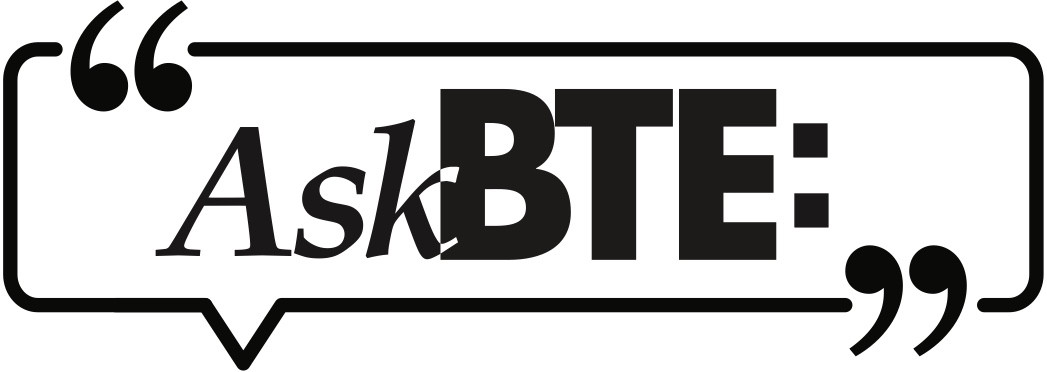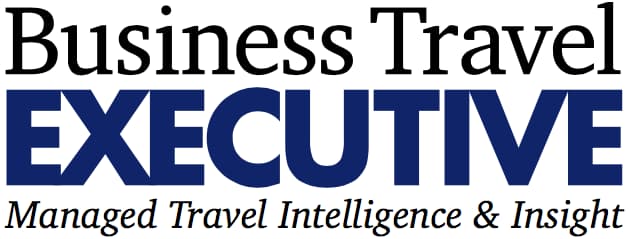Since the 1980s, Australia has undertaken significant structural reform of its economy and has transformed itself from an inward-looking, highly protected and regulated marketplace to an open, internationally competitive, export-oriented economy.
The major corporate center of Australia is the eastern seaboard city of Sydney. “While other cities such as Brisbane and Perth have grown rapidly over the past decade in both population and business, Sydney remains the hub of Australian business and tourist traffic,” says Cameron McLeod, regional sales director for FCm Travel Solutions.
“Traveling into Australia via Sydney is a relatively smooth process,” McLeod says. “Sydney Airport is easily accessible to the city itself and as a hub to commute to other major cities. An efficient road and rail system provides visitors with rapid transit to the city center and surrounding suburbs. The largest volume of travel is down the eastern seaboard and the trunk route of Sydney-Melbourne is still one of the busiest in the world.”

Most business travel in Australia is done by aircraft rather than rail or road because of the vast distances. Security at airports is high, warns McLeod, and standard screening processes are in place throughout the major airports: “In particular, quarantine rules are strictly enforced for new arrivals to protect Australia’s export markets and its unique flora and fauna.
“The Sydney lifestyle is an easy combination of business and pleasure,” says McLeod. “Within 30 minutes of the heart of the city are secluded beaches, open parklands and bushland areas. Sydney also provides the gateway to the Blue Mountains beyond the western suburbs containing many national parks with a network of walking trails for the more adventurous. Australians have a very outdoor-oriented lifestyle and ‘Sydneysiders’ take full advantage of the weather and opportunities on their doorstep. The climate is temperate and the local temperatures range between 45F and 90F across the year.”
Serious About Sustainability
A very significant issue for Australia is climate change. A report commissioned by former Prime Minister John Howard recommended a domestic carbon emissions trading scheme and that Australia take an active role in developing a future global carbon emissions trading system. Prime Minister Kevin Rudd plans to introduce a domestic carbon trading system by 2011. It aims to reduce emissions by 5 percent from 2000 levels by 2020; the paper includes the possibility of increasing cuts to 15 percent should an international commitment to cut emissions be reached.
Presenting the report findings at the meeting of Capital City Lord Mayors in Canberra, Lord Mayor Clover Moore of Sydney said the report showed that if Australian cities implemented measures similar to those in the “Sustainable Sydney” plan, they could collectively halve emissions by 2030. “The City of Sydney has a comprehensive plan in place to reduce our emissions by 70 percent by 2030, using integrated actions and mature technologies, building retrofits, simple transport improvements and renewable energy,” she said. “These real and tangible proactive changes are already underway in other Australian cities too, and need to be reflected in Australia’s commitment to national targets in Copenhagen.”
TIME — Greenwich Mean Time +10. Daylight savings time begins October 4, 2009. (Remember: seasons in the southern hemisphere are the reverse of those in the north.)
USEFUL PHONE NUMBERS —
US Consulate: 61-2-9373-9200
Canadian Consulate: 61-2-9364-3000
Emergencies: 000.
No coin required from public telephones.
ENTRY — A valid US passport and a visa are required. Visas can be obtained electronically, usually at no charge, by the travel counselor who is making your trip and air reservations. Visas may also be ordered online at www.eta.immi.gov.au for a fee of $30.00.
MEDICAL ADVISORIES — No specific advisories posted.
CRIME — The usual precautions are suggested to prevent being victimized by pickpockets and petty thieves.
TAXES — There is a national goods and services tax (GST) of 10 percent.
CURRENCY — The Australian dollar is indicated as $ or AU$. ATMs offer the best exchange rate.
TIPPING — Appreciated in Sydney. In upscale restaurants, leave 10 to 15 percent for good service. Porters and housekeeping staff should receive a dollar or two per instance of assistance. Round up a taxi to the nearest dollar.
GETTING AROUND — The State Transit Authority is highly recommended as a way to get around Sydney. It includes bus, train and ferry service. Three-day passes are available. Since parking is nearly impossible in downtown Sydney, taxis are a desirable means for travelers to get to their destinations.
BUSINESS HOURS — Banks are open from 9:30am to 4pm Mon - Thu and until 5pm on Fri. Post offices are open from 8:30am to 5pm Mon-Fri and 8:30am to 1pm on Sat. Government offices are open 9am to 5pm Mon-Fri and 9am to 1pm on Sat. Shopping centers are open from 9am to 10pm Mon-Sat. Many stores are also open on Sundays from 9am to 4pm.
INTERNET — Sydney post offices and many Internet cafes offer Internet services.
ELECTRICITY — Electricity is 240 volts AC. Adapters have three square pins.








